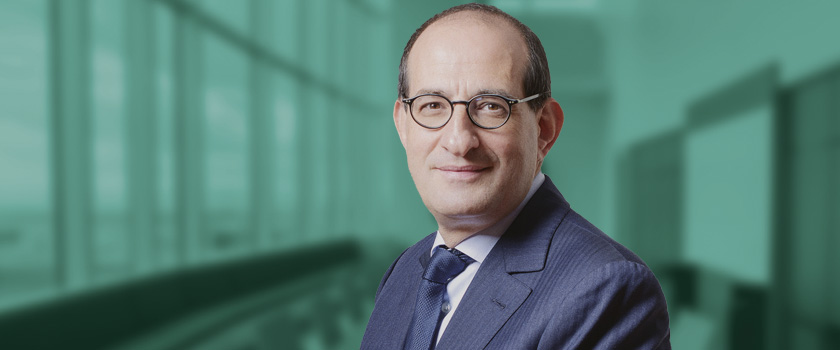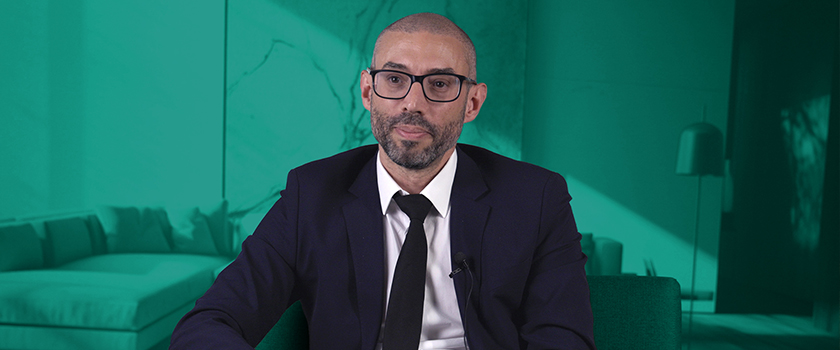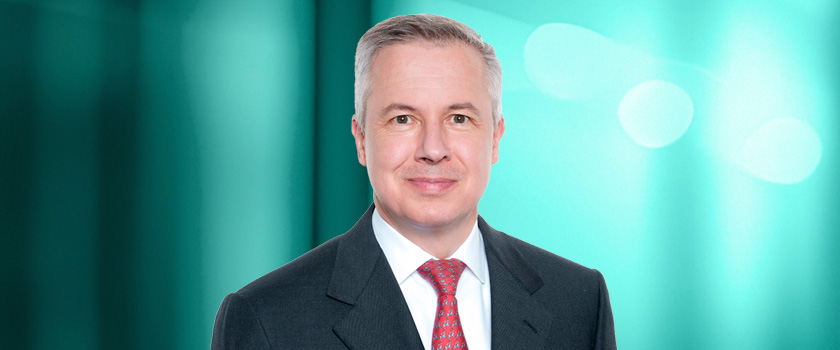As technological advances and new lifestyle habits are proliferating amidst rising environmental and social pressure, incorporating the future into decisions can unlock huge economic opportunities.
“‘Nowism’ is the virus that makes us tend to focus on the present instead of incorporating the future. But knowledge of the future is key for success.”
Dr. Stefan Carsten, Futurologist and Urban Geographer
The transition to a net-zero, circular and inclusive economy is creating new opportunities for both businesses and investors. But our focus on the present, instead of the future, means that we risk missing out on ground-breaking opportunities.
The era of the e-battery
When we look, for example, at the mobility sector, we have seen an incredible transformation, with electric vehicles, bicycles and scooters spreading to many places around the world.
Speaking at an internal UBP event, Dr. Carsten highlighted that there has been a true ‘e-volution’. “The battery has won, and we are seeing new opportunities by means of electrification,” Dr. Carsten highlighted.
Indeed, battery technology is evolving rapidly, and costs are dropping, unlocking more and more opportunities to electrify different modes of transport, and hence to reap benefits from investing in companies providing new mobility solutions.
Changing lifestyles offer new opportunities
But the mobility transition does not end with electrification. Surveys reveal that the younger generation sees more value in flexibility, independence and freedom than in possessions. Owning a car, for example, is no longer as much of an aspiration for Gen-Z as it was in the past, explained Dr. Carsten. Instead, this generation wants to be able to take public transport one day, ride a bike the next day, walk on the third day and take a car on the fourth day.
This has created new business opportunities such as sharing schemes for cars, scooters and bicycles, as well as ride-sharing applications or on-demand delivery systems. Changing lifestyles and expectations, a growing and aging population, and environmental pressure have also given rise to autonomous transportation.
Transforming cities
At the same time, urban centres must also change, and we are starting to see a major revolution in city planning.
Car-free city centres, unimaginable one or two decades ago, are gaining popularity but require us to adapt cities, ensuring that all essential services, such as workplaces, healthcare facilities, shops, recreational and cultural facilities, administrative institutions, childcare, and educational facilities are easily accessible throughout different parts of the city.
The concept of the 15-minute city is also on the rise, the idea being that everything residents need should be reachable within 15 minutes on foot or by bike.
Banking on the transition
The idea that the transition offers significant opportunities for businesses and investors applies to every sector of the economy.
In a 2021 report, McKinsey found that more than half of companies' sales in 2026 will be generated by products, services or business models that do not yet exist. More than 90% of companies say that sustainability plays a significant role in this.
This means that those who act now will reap many benefits in both the short and the long term. However, today, only around 20% of companies have anchored sustainability in their product development.
Dr. Carsten says that, to unlock the opportunities that the transition offers, businesses and investors must stop looking in the rear-view mirror and instead integrate future technological breakthroughs and behavioural shifts into their decision-making.
Assessing whether companies’ business models are fit for the future will therefore be key for generating long-term returns. And to a large degree this means incorporating sustainability considerations into the equation.








